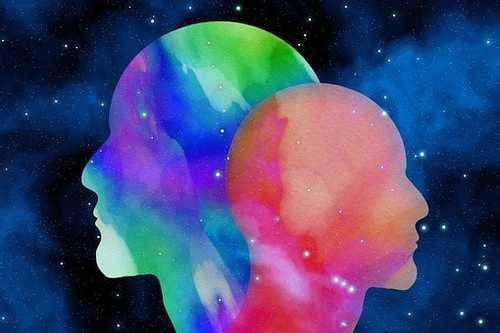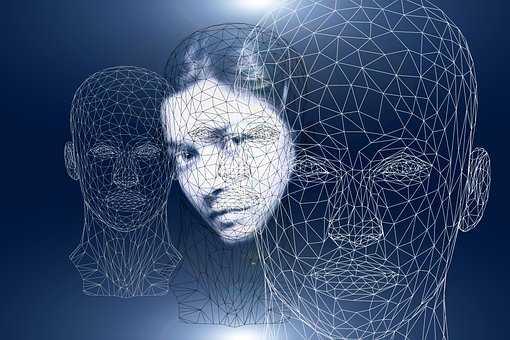Psychology is Changing. This Is What You Need To Know
Curated from: psychologytoday.com
Ideas, facts & insights covering these topics:
4 ideas
·2.05K reads
14
Explore the World's Best Ideas
Join today and uncover 100+ curated journeys from 50+ topics. Unlock access to our mobile app with extensive features.
Understand the process
There has recently been an important change in the way clinical psychology is being handled.
Nowadays, it can be clearly seen that what is the most important is the understanding of what has led to the specific mental illness, of its underlying process rather than of the therapy itself.
77
697 reads
Process Based Therapy
Process Based Therapy bases itself on Network Science, which emphasis the importance of networks, nodes and possible barriers to change in order to get a better understanding of the mental illnesses.
Process Based Therapy implies the belief that variation and flexibility are the elements that influence the most your recovery.
72
538 reads
Extended Evolutionary Meta Model
This Meta Model refers to the idea according to which dynamic and complex networks change or shift dramatically rather than gradually.
When this occurs, the so-called Process Based Therapy aims to turn the network from maladaptive to adaptive while using strategies such as exposure or mindfulness.
66
414 reads
Change and its necessity
Change in clinical psychology has led to discovering the Process Based Therapy that is, by all means, a great evolution in the field.
What makes PBT so special is the fact that this therapy involves flexibility when handling the issue, which can only result in good consequences for an individual's self perception.
64
407 reads
IDEAS CURATED BY
Lauren W.'s ideas are part of this journey:
Learn more about health with this collection
Cultivating self-awareness and self-reflection
Prioritizing and setting boundaries for self-care
Practicing mindfulness and presence
Related collections
Similar ideas
Read & Learn
20x Faster
without
deepstash
with
deepstash
with
deepstash
Personalized microlearning
—
100+ Learning Journeys
—
Access to 200,000+ ideas
—
Access to the mobile app
—
Unlimited idea saving
—
—
Unlimited history
—
—
Unlimited listening to ideas
—
—
Downloading & offline access
—
—
Supercharge your mind with one idea per day
Enter your email and spend 1 minute every day to learn something new.
I agree to receive email updates

